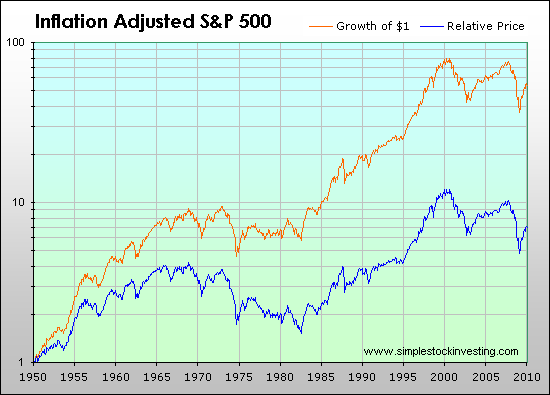NW-Bound
Give me a museum and I'll fill it. (Picasso) Give me a forum ...
- Joined
- Jul 3, 2008
- Messages
- 35,712
I think you misunderstood me.i don't buy into the old saying it is only a paper loss for one second and that it does not count unless you sell. selling only creates a taxable event if in a taxable account but your net worth at any given moment is your balance.
I believe that a gain is not "real" until you realize it, meaning selling it. Yet, one cannot deny that he has a loss when his investment goes down. How many people hang on to a losing stock until it goes bankrupt, becomes worthless, and stops trading?
ask yourself this, lets suppose at the end of the day you sold after a down day and bought another investment the next opening morning . lets suppose you rode that new investment back up ,is that any different than keeping the money in play in the same investment over night if they went up the same?
of course it isn't . in either case the money stays in play in the risk pool and is just as much your balance at any time.
it has nothing to do with selling or not , it just has to do with keeping the money in play so you can possibly recover from a drop.
it can be the same investment or a shift to a different one but results are the same and it has nothing to do with selling or not..
No, the results are not necessarily the same. Earlier, I told the story of my capitulation, selling my tech stocks and realizing a loss of $600K in 2002 after the tech rout. Had I hanged on to these stocks that languished for years or went bankrupt like Nortel, Global Crossing, WorldCom, I would not be where I am today.
Speaking of Nortel, recently I met another engineer who worked at Nortel. He said that he traded his 401k in/out of Nortel stock in the 90s and early 2000s. When it went up, he sold. When it went down, he bought. But at the last Nortel downturn, after he bought it never went back up. He finally sold his position for $10K. At the highest point, his 401k was worth more than $600K. But the $10K is more than what he would have if he hung on until Nortel went bankrupt.
Last edited:



